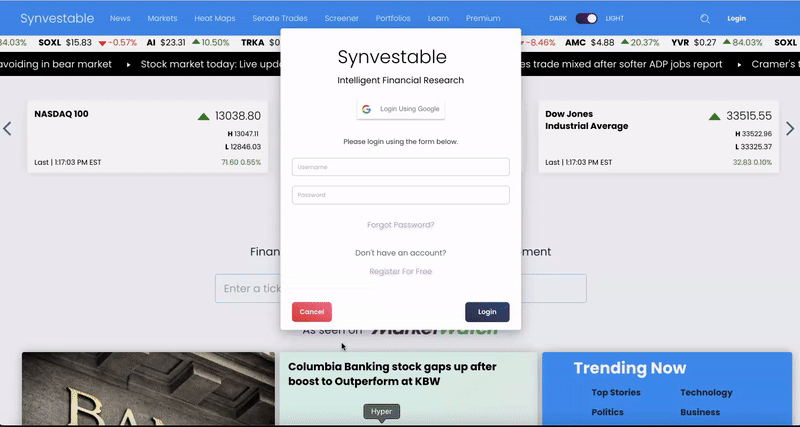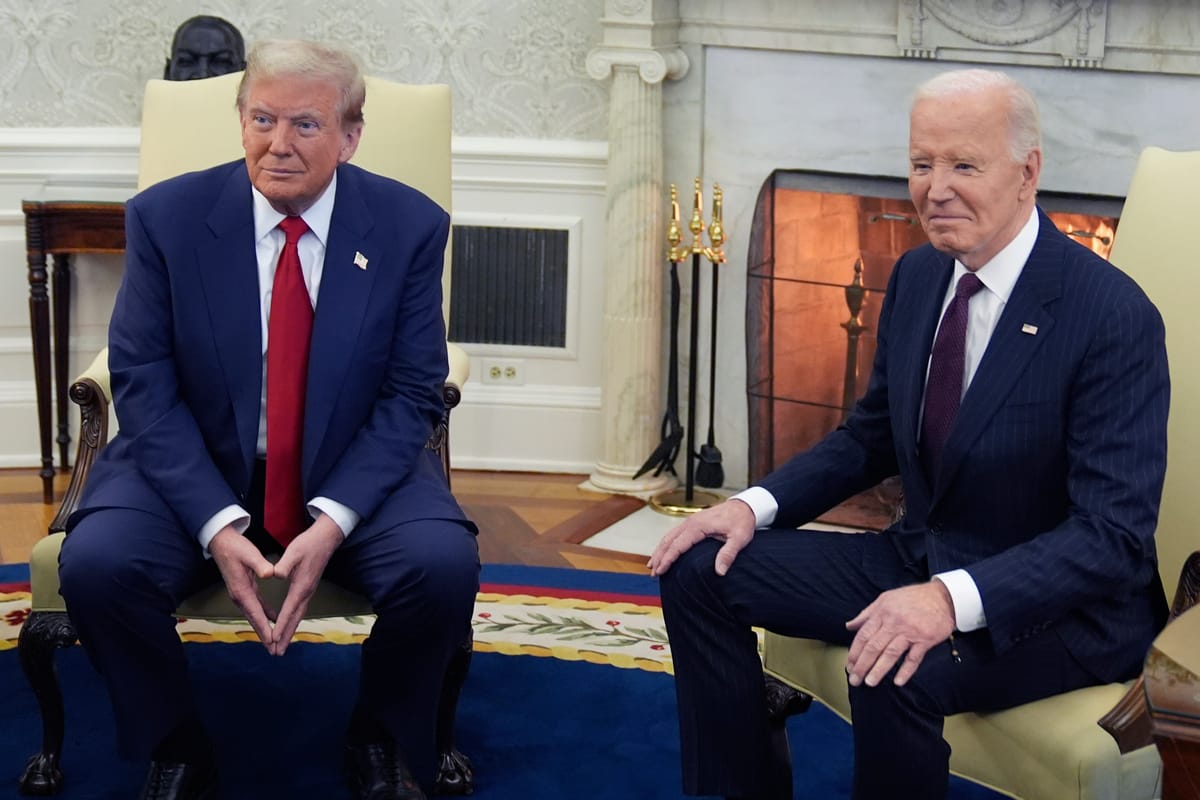As the Biden administration clings to its "as long as it takes" approach, a shift is emerging on the global stage. Europe, faced with fiscal crises and mounting political pressures, is increasingly aligning with President-elect Donald Trump's push for peace in Ukraine. Meanwhile, Biden's policies risk deepening the conflict, with long-range missile approvals for Ukraine threatening to provoke even greater instability.
Trump’s Peace Proposal Gains Momentum in Europe
The Wall Street Journal recently highlighted a turning point: European nations, once wary of Trump's approach, are now open to his proposed peace negotiations. This marks a significant shift from the skepticism of six months ago, as European leaders begin to see the need for a pragmatic end to the war. Proposals on the table include halting Ukraine's NATO ambitions for two decades—a move that could stabilize the region while supplying Ukraine with advanced weaponry for defense.
Germany's Chancellor Olaf Scholz and others have shown subtle signs of warming to these ideas, though public statements remain cautious. Behind closed doors, however, many European governments likely view Trump’s plans as a lifeline, given the dire state of their budgets and growing domestic discontent.
Europe’s Dilemma: Follow Trump or Face Fiscal Collapse
Europe's choices are clear:
- Support Trump's peace initiatives and shift focus to rebuilding their economies.
- Shoulder the burden of military aid alone, even as Russian gains in Ukraine continue.
The economic realities of the second option are untenable. France's ballooning deficit and Germany's political instability make continued financial support for Ukraine a near impossibility. Trump’s proposed settlement could offer a way out—one that, while imperfect, provides a framework for ending the war.
Biden’s Risky Bet on Escalation
As Europe reconsiders its stance, the Biden administration doubles down on escalation. The recent approval for Ukraine to use ATACMs to strike inside Russia represents a dramatic shift. This decision, which Kyiv has long sought, reflects desperation in the face of a faltering Ukrainian military. But the risks are immense: Russia has already moved key military assets out of missile range, and escalating attacks could provoke broader retaliation.
The political implications are stark. Biden's policies are increasingly seen as out of touch, with European allies moving toward negotiations while Washington fuels the fire. Biden's critics, including a growing contingent within the U.S., argue that this approach serves only to prolong suffering without achieving meaningful gains.
The War’s Origins: A Lesson in U.S. Meddling
The roots of this conflict trace back to 2014, when a U.S.-backed coup ousted Ukraine’s democratically elected president, Viktor Yanukovych. His opposition to NATO membership made him a target, and his removal set the stage for years of instability. Today, Ukraine’s leadership continues to push for NATO inclusion—an ambition that has drawn sharp criticism and skepticism, even within Europe.
This backdrop underscores the recurring failures of U.S. foreign policy. Time and again, interventions have backfired, creating chaos and fueling conflict. Ukraine is just the latest chapter in this ongoing saga.
The Path Forward: Negotiation or Prolonged Conflict?
From the outset, it has been clear that this war will end not with total victory for either side but with a negotiated settlement. The contours of that settlement are becoming apparent:
- Territorial compromises that leave neither side fully satisfied.
- Security guarantees to prevent future aggression.
- Economic rebuilding plans to stabilize the region.
As both Ukraine and Russia face mounting losses, and Europe grapples with financial and political strain, the push for negotiations is inevitable. The question is not if but when—and under whose terms.
Political Realities: The Trump Factor
Trump's strategy, though polarizing, reflects a clear-eyed assessment of the geopolitical and economic landscape. His ability to broker a deal could redefine U.S. leadership on the global stage. While critics will undoubtedly accuse him of capitulating to Russia, the broader reality is that his approach aligns with the interests of both Europe and the American public, who are weary of endless wars.
A Predictable Outcome
History will likely vindicate those who have long argued for negotiation. As Trump prepares to take office, the war's endgame comes into focus. Both sides, exhausted by destruction and loss, are inching toward a compromise. The Biden administration’s refusal to acknowledge this reality has left the U.S. increasingly isolated, even as Europe pivots toward peace.
The Ukraine war, like so many conflicts before it, underscores the limits of military power and the enduring necessity of diplomacy. As Trump’s peace plan gains traction, the world may finally see an end to this tragic chapter—an outcome that, while imperfect, offers hope for a more stable future.
Have you checked the market today? Check out Synvestable Live for premium news and coverage on over 10,000 tradable tickers. Register for FREE for in-depth coverage!



